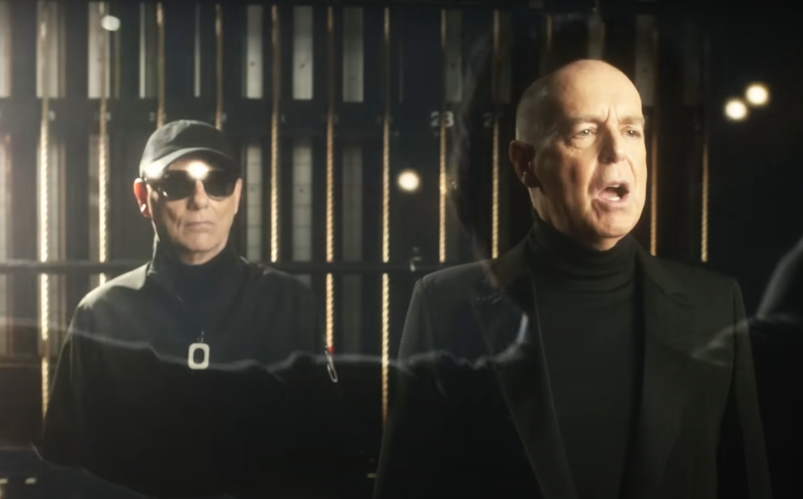
In the world of music, few acts have managed to maintain their relevance and influence for over four decades. The Pet Shop Boys, consisting of Neil Tennant and Chris Lowe, are one such act. With their signature synth-pop sound and intellectually sophisticated lyrics, they have been putting out music since their debut in 1984 with the album 'Please.' Their latest offering is the 15th studio album, 'Nonetheless,' which has generated significant buzz due to its reported queer themes and references to iconic figures from Oscar Wilde to Rudolf Nureyev. Let's delve deeper into this musical renaissance and explore what makes the Pet Shop Boys a timeless act.
The duo's last single before the pandemic was 'Loneliness,' which showcased their signature wistful and danceable sound. Their music has been a staple in various forms of media, from advertising to movies. For instance, their classic hits were used in two cult films last year: Saltburn and All of Us Strangers.
Despite their long-standing success, the Pet Shop Boys remain grounded and unpretentious. They dislike fans taking selfies during their performances and instead encourage them to move out of the way. Artificial intelligence is changing the industry, but they don't plan to use it in their music yet.
Neil Tennant, who wrote the lyrics for 'Nonetheless' during lockdown, references his past experiences as a gay man and pop star in 'New London Boy.' The album includes references to Oscar Wilde and Rudolf Nureyev's defection from Soviet Russia. A song entitled 'A New Bohemia' is inspired by the 1970s queer art/activist troupe Les Petits Bon-Bons, who worked with disco trailblazer Sylvester. The second single from the album, 'Dancing Star,' centers on gay ballet legend Rudolf Nureyev's defection from the Soviet Union to the West in the 1960s.
The Pet Shop Boys have always been known for their canny cultural commentary, and 'Nonetheless' is no exception. Their music continues to resonate with audiences due to its timeless themes and relevance. As Tennant puts it, 'We have just followed our own path.'



